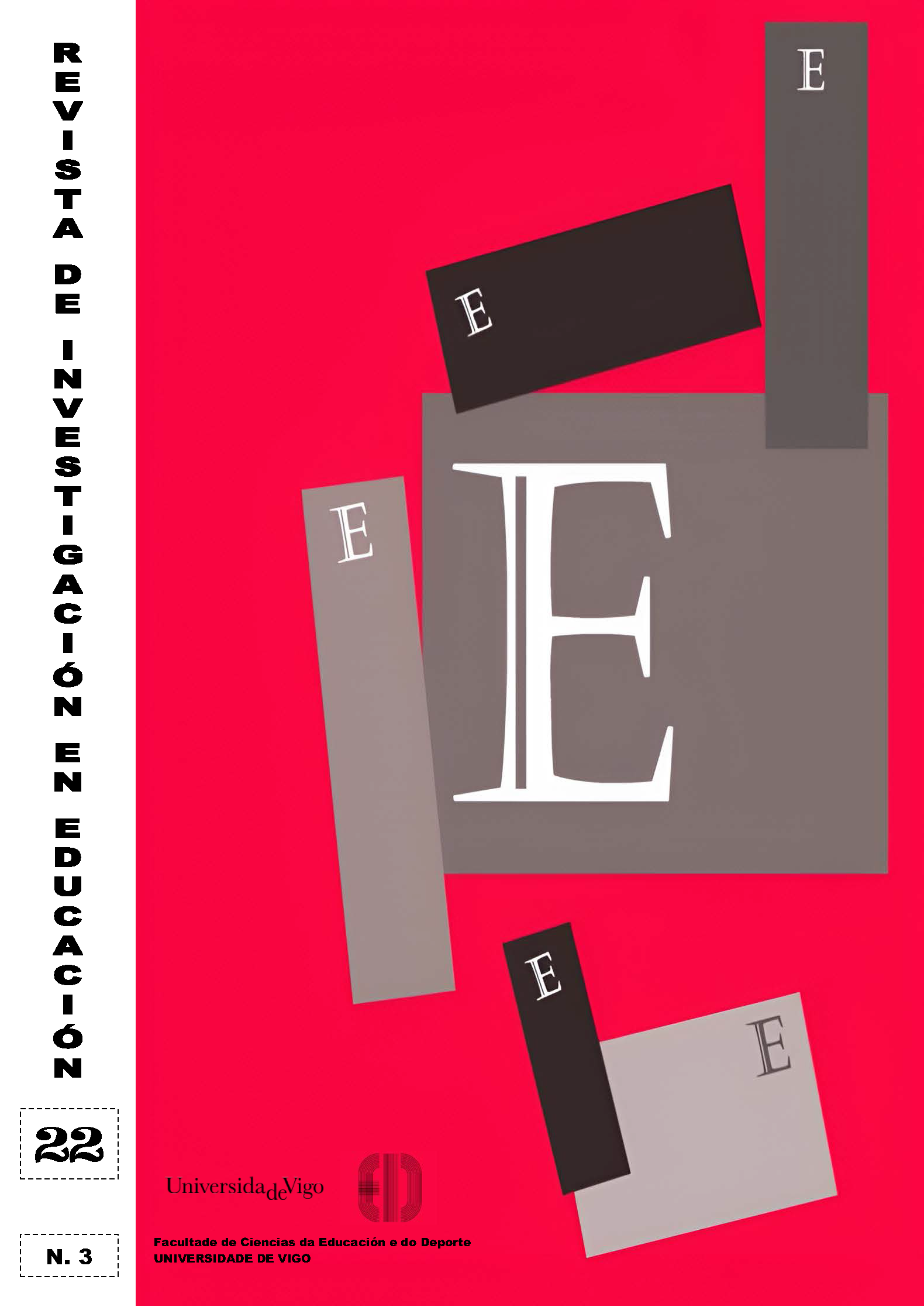Influence of non-verbal reasoning and learning expectations on performance
DOI:
https://doi.org/10.35869/reined.v22i3.5764Keywords:
Academic Performance, Verbal Reasoning, Non-Verbal Reasoning, Self-Evaluative Expectations, Cognitive SkillsAbstract
The investigation into the connections that exist between learning performance, some cognitive functions and expectations of success has gained special interest in recent years. This study investigates the relationships between academic performance, verbal and non-verbal reasoning, and self-evaluative expectations in Compulsory Secondary Education students. The sample includes 312 students evaluated using specific scores and tests such as the Reynolds Brief Intelligence Test (RIST) and the Expectations Questionnaire (CEX). The results reveal a positive correlation between non-verbal reasoning, personal expectations and academic performance. In the regression analysis, the expectations are significant, reaching up to 46% of the variance. On the other hand, there is no significant relationship between verbal reasoning and academic performance. This study highlights the importance of cognitive skills and personal beliefs in improving academic performance. Furthermore, it suggests that addressing self-evaluative expectations can be fundamental in the learning process. The results help to understand the complexity of the relationships between cognitive and non-cognitive variables, and to promote a more comprehensive understanding of academic performance.
Downloads
Downloads
Published
Issue
Section
License
Copyright (c) 2024 Revista de Investigación en Educación

This work is licensed under a Creative Commons Attribution-NonCommercial-NoDerivatives 4.0 International License.
The acceptance of the papers for publication, means that the printing and reproduction rights are owned by the journal. The conditions of use and reuse of content are those established in the Creative Commons CC BY-NC-ND 4.0 license.



